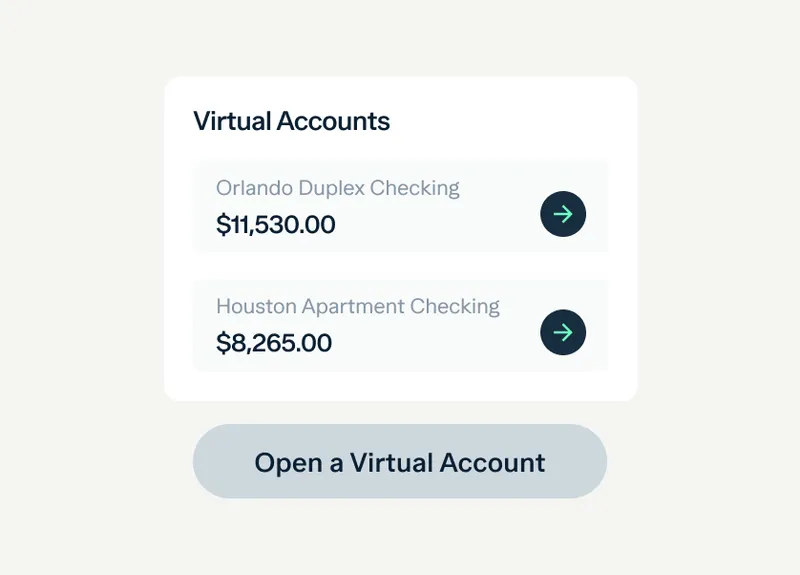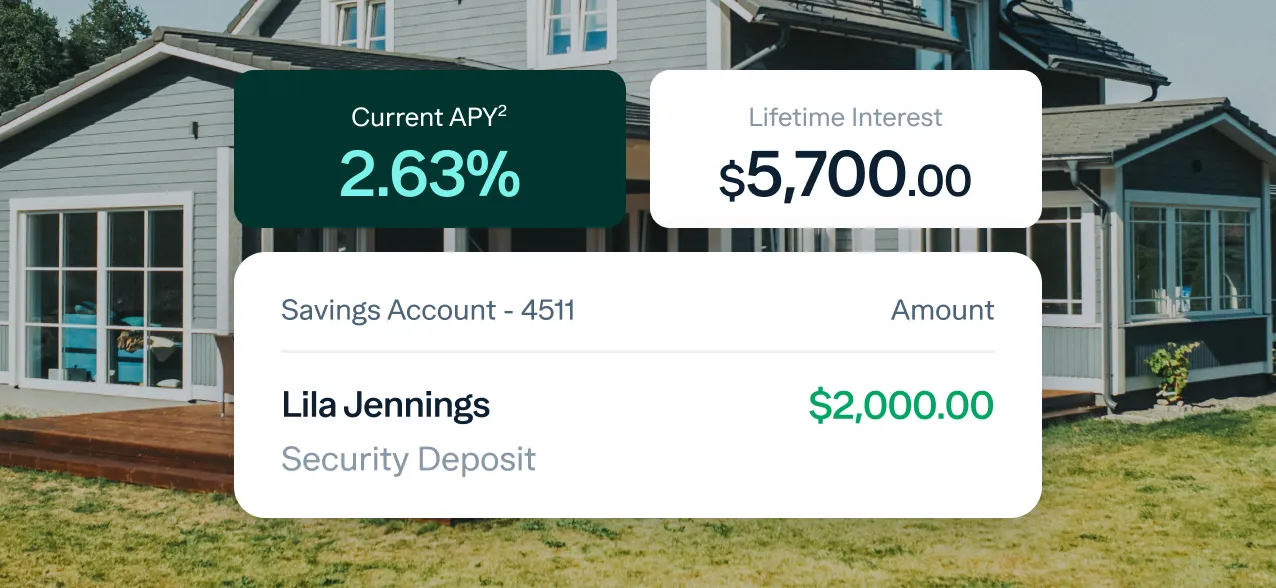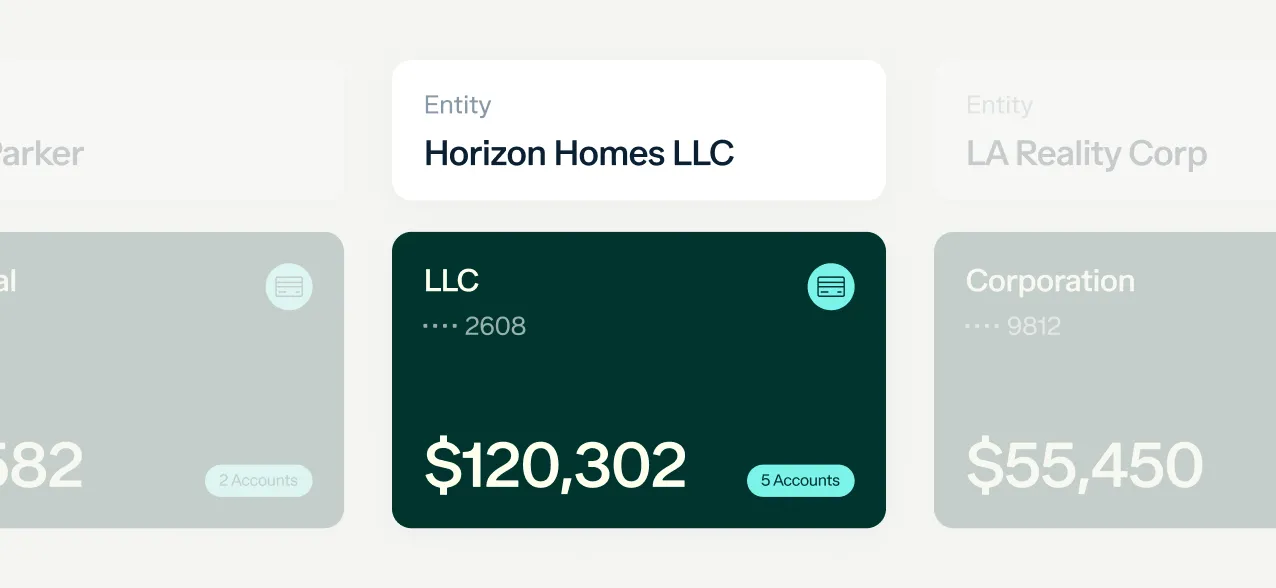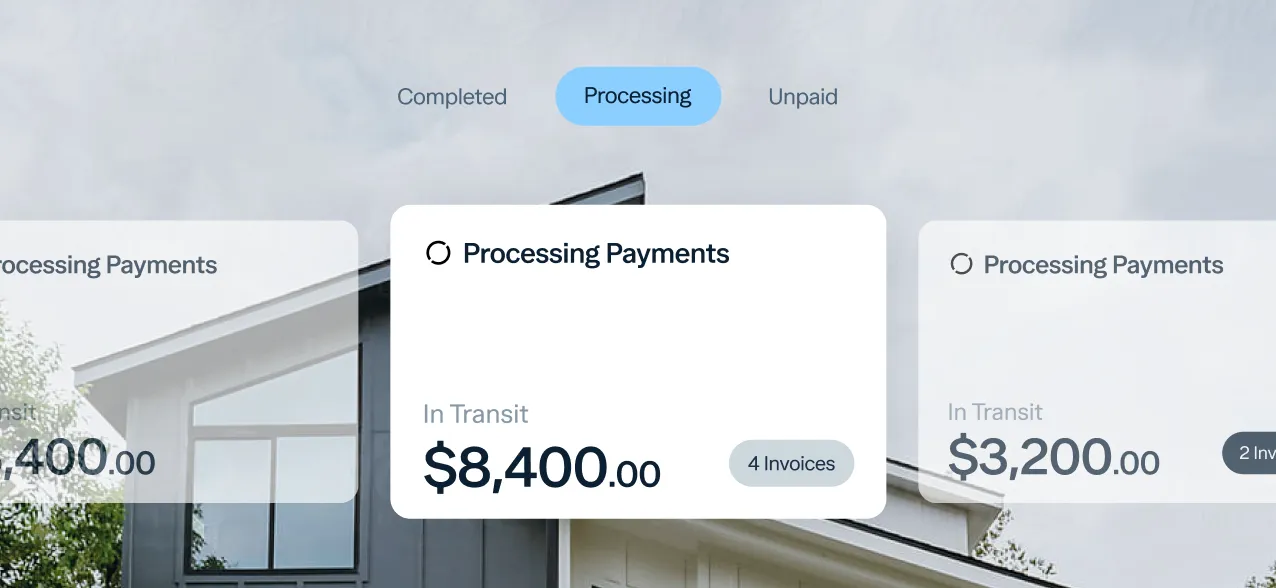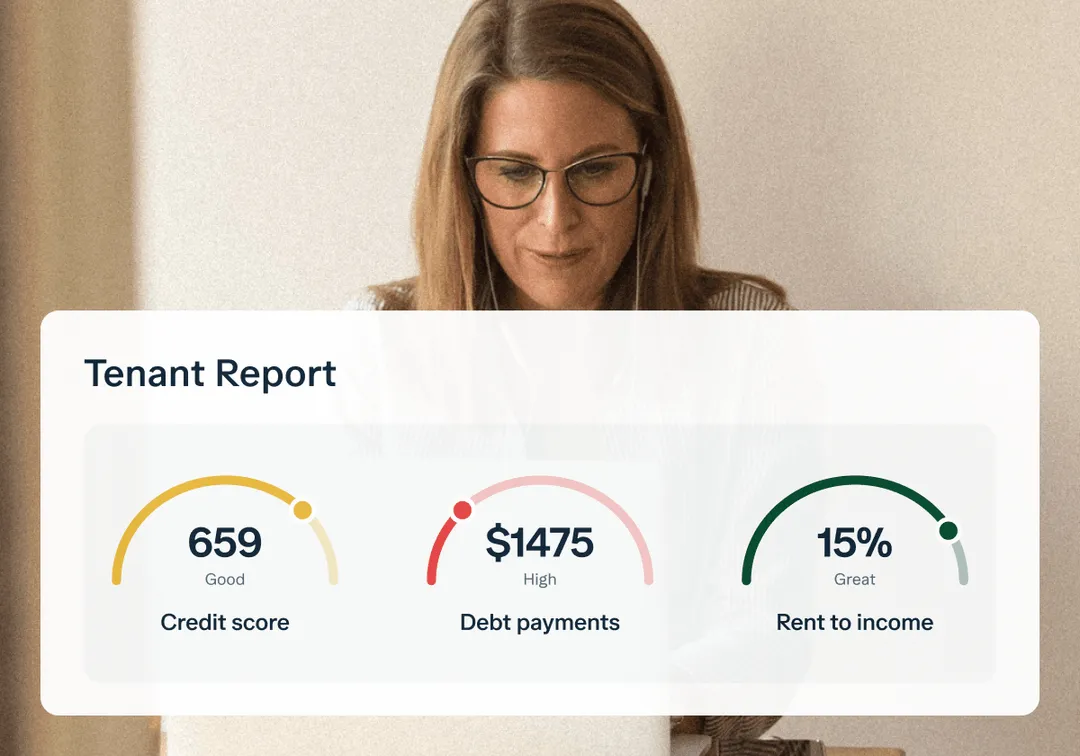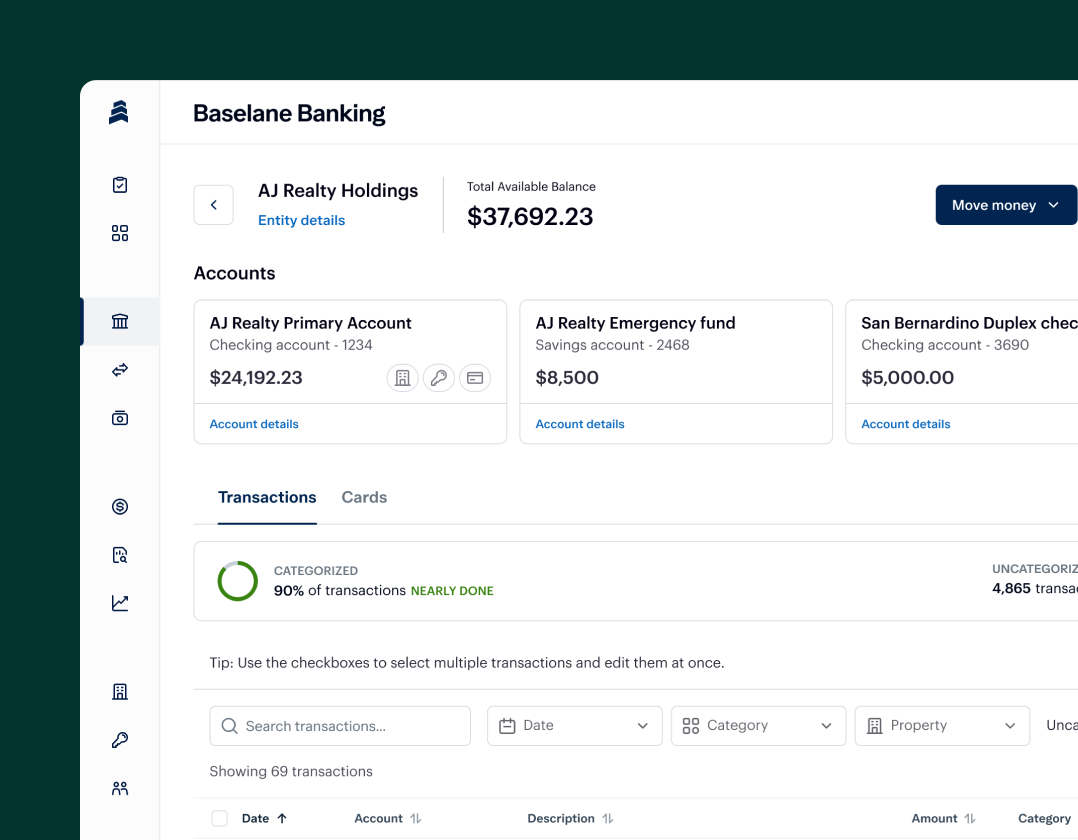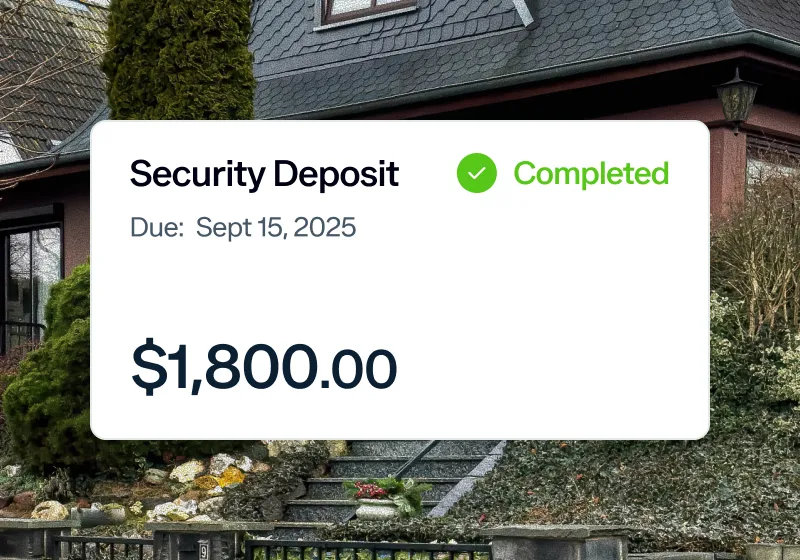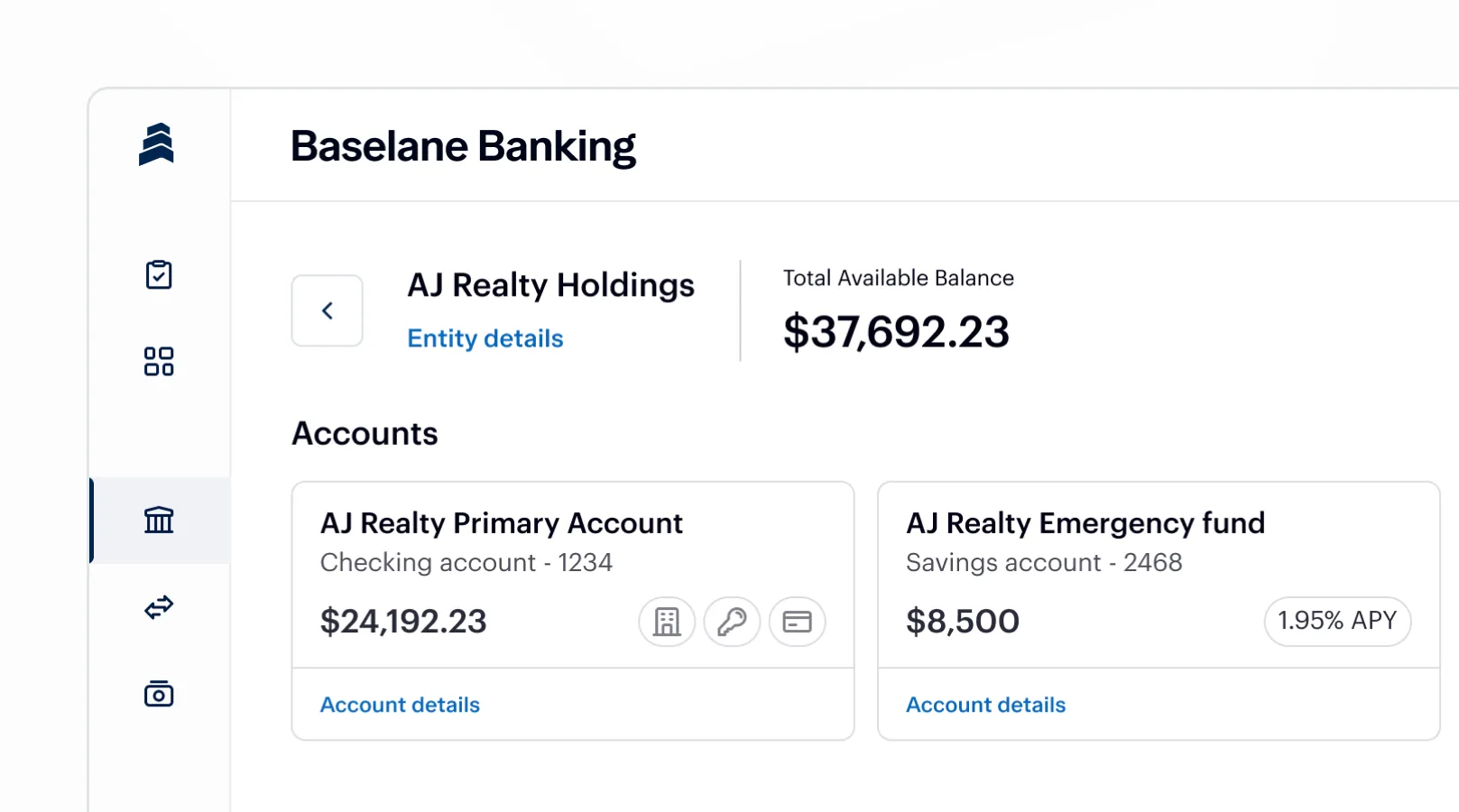In Indiana, no legal limit applies.
Security deposit rules in {{ state }}
Limit: In Indiana, there is no statutory limit on the amount a landlord can charge for a tenant security deposit. Most landlords typically collect an amount equal to one month’s rent, though the tenant deposit can vary based on credit, rental history, or risk factors such as pets. The tenant security deposit amount must be clearly stated in the lease agreement and should be managed responsibly through a security deposit bank account in Indiana to maintain transparency and proper record-keeping.
Return Deadline: The landlord must return the tenant security deposit within 45 days after the tenant vacates the rental property and provides a forwarding address in writing. If any portion of the deposit is withheld, the landlord must provide an itemized list of deductions within the same 45-day period. Failure to return the tenant deposit or provide the required statement within the deadline may result in the landlord forfeiting the right to retain any portion of the deposit.
Acceptable Deductions: The tenant security deposit may be used to cover unpaid rent, late fees, damages beyond normal wear and tear, and reasonable cleaning or repair costs necessary to restore the property to its original condition. All deductions must be itemized and supported by receipts, invoices, or written estimates.
Where to Deposit: Indiana law requires landlords to hold tenant deposits in a separate, federally insured escrow account at a financial institution located within the state. The funds cannot be commingled with the landlord’s personal or business accounts. While there is no mandated security deposit interest rate, maintaining a security deposit escrow account in Indiana or a landlord tenant security deposit bank account in Indiana ensures compliance with state law and protects both landlords and tenants by keeping funds secure and traceable.














